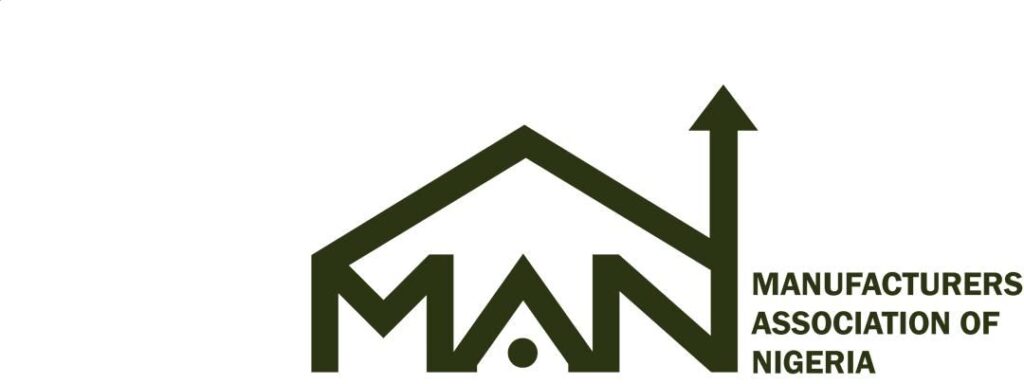Amid challenges facing the nation’s manufacturing sector in its bid to navigate macroeconomic instability, inflationary pressures, and policy-driven disruptions, the Manufacturers Association of Nigeria (MAN) has disclosed that the value of unsold goods surged by 87.5 per cent to N2.14 trillion in 2024.
The Director-General of MAN, Mr. Segun Ajayi-Kadir, made this known to New Telegraph in Lagos yesterday while speaking on the Association’s activities for the second half (H2) of 2024.
He said the surge in inventory of unsold goods was driven by weakened consumer demand, escalating production costs, and declining purchasing power.
However, according to him, a half-on-half decrease of 27.9 per cent in half year (H2) 2024 suggests improved clearance efforts and price adjustments, saying the Food, Beverage & Tobacco and Textile, Apparel & Footwear sectors faced the most significant increases in unsold stock.
The MAN DG explained that the Nigerian manufacturing sector faced a challenging but resilient economy in 2024, navigating macroeconomic instability, inflationary pressures, and policy-driven disruptions.
According to him, the real GDP growth remained subdued, reflecting the economy’s struggle with rising production costs, exchange rate volatility, and declining consumer demand. “Inflation surged to 34.8 per cent by the end of 2024, significantly eroding purchasing power and increasing operational expenses,” he added.
He also stated that the aggressive monetary tightening by the Central Bank of Nigeria (CBN), which raised the Monetary Policy Rate (MPR) to 27.50 per cent, further exacerbated borrowing costs for manufacturers, limiting expansion and new investments.
While reacting to capacity utilisation, the MAN boss said: “Capacity utilisation in Nigeria’s manufacturing sector improved marginally to 57.0 per cent in 2024, up from 55.1 per cent in 2023. “A half-on-half analysis showed a 1.2 percentage point increase in H2 2024 compared to H1’24.
“However, persistent challenges such as rising energy costs, forex volatility, and high interest rates constrained further growth. “Sectoral analysis revealed that Non-Metallic Mineral Products, Motor Vehicle & Miscellaneous Assembly, and Chemical & Pharmaceuticals sectors recorded the highest improvements.”
On the real and nominal manufacturing production, the MAN helmsman stressed that “the sector’s real manufacturing output increased modestly by 1.7 per cent year-on-year to N7.78 trillion, buoyed by increased activity in Motor Vehicle & Miscellaneous Assembly, Non-Metallic Mineral Products, and Electrical & Electronics.
“However, a half-on-half decline of 3.1 per cent in real production reflected rising costs and weak consumer demand. “Nominal manufacturing output rose sharply by 34.9 per cent to N33.43 trillion, primarily due to inflationary pressures and rising domestic prices.”















